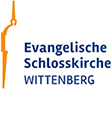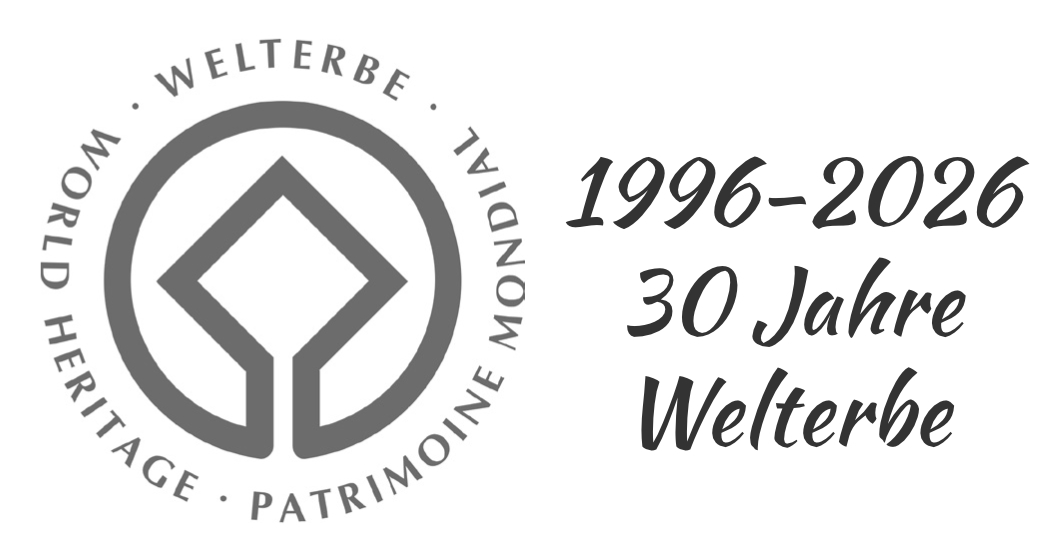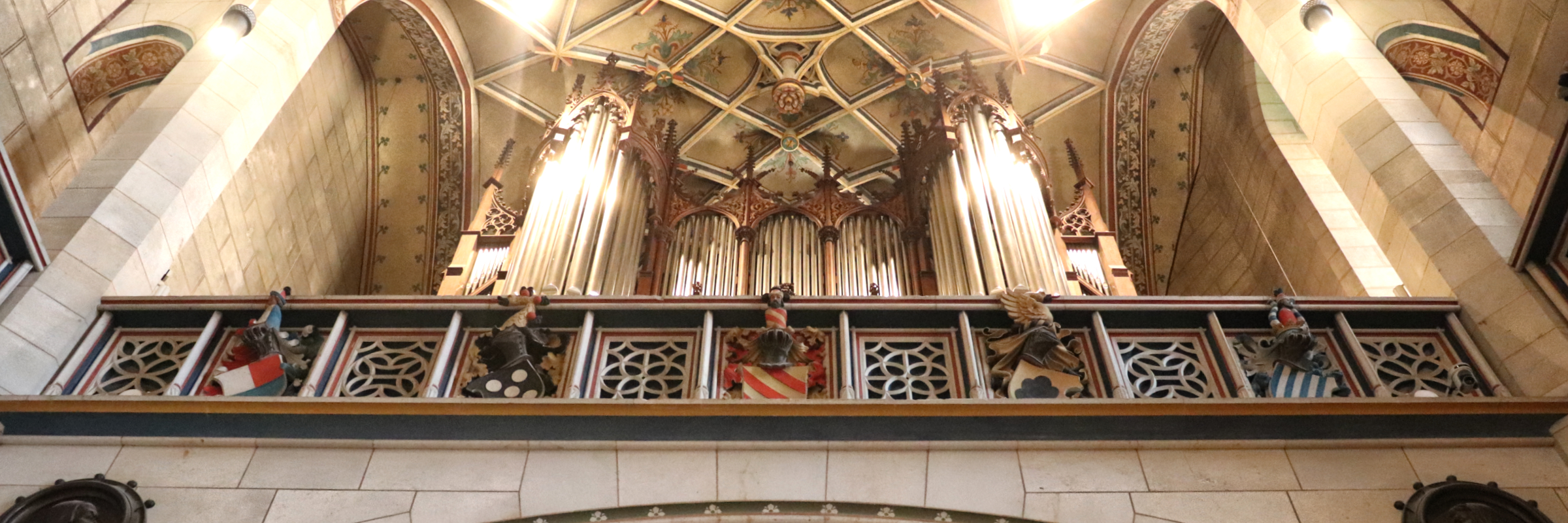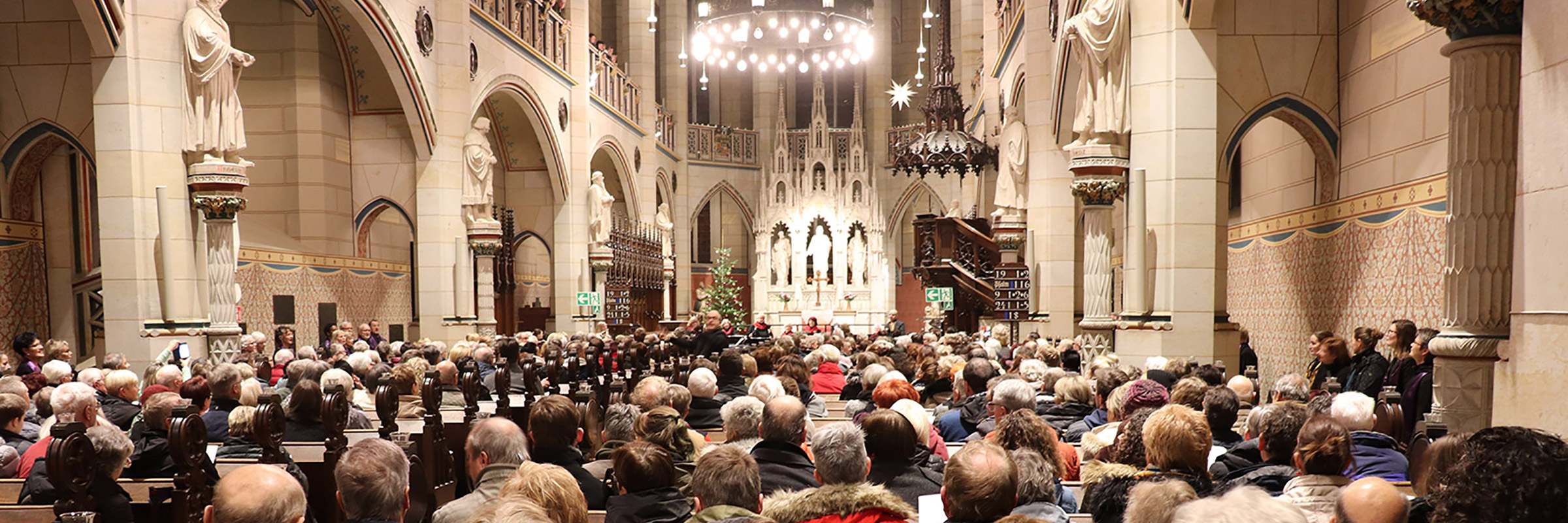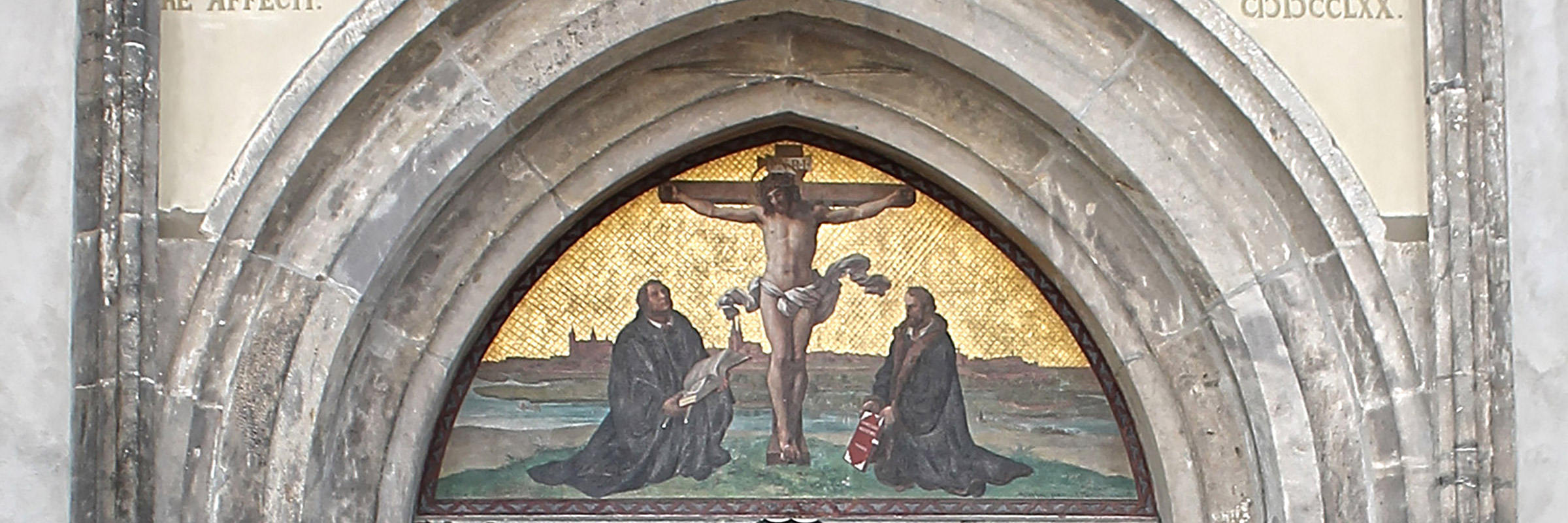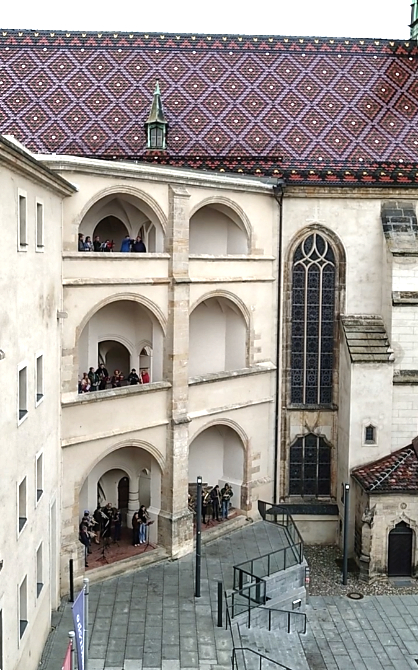Terminkalender
In 2022 and 2023, the Wittenberg Sunday Lectures will be dedicated to the topic of new beginnings. Three lectures are planned in loose succession this year and next. Dr. Volkmar Joestel. He takes the audience back to the time of Wittenberg in 1521/22 - that was a city without Luther. He was at the Wartburg. Through his courageous appearance in front of the Worms Reichstag, he had become a national hero and the year before he had presented a church and social reform program with the publication "To the Christian Nobility". Now people expected action, and in the absence of the charismatic leader, Luther, began to do so himself. In Wittenberg, students and citizens stormed monasteries and attacked priests and monks. The Augustinians, mostly Lutherans, dissolved their monastery. Melanchthon distributed communion to his students in both kinds. A highlight was the first ever evangelical church service on Christmas Day 1521 in the Castle Church. In January, reformed city ordinances followed with a reform of the church service, but also the establishment of a "common box" to support the poor and poor craftsmen and to maintain the hospitals.
What did people hope and expect back then? Why was the controversy over the sacrament of the Lord's Supper so important? Why didn't Luther like that? And what do we think about it today? Dr. Joestel in this Sunday lecture.
Dr. Joestel worked as a historian at the Lutherhaus for over 30 years. Scientifically, he dealt primarily with one of the main actors of the "Wittenberg Movement" of 1521/22, Luther's comrade-in-arms and later opponent Andreas Bodenstein, known as Doctor Karlstadt. Another focus of his work was Luther myths and legends.
The first Sunday lecture will take place on April 10 at 11:30 a.m. in the auditorium of the Evangelical Preacher Seminary on the top floor of the castle. Access is via the visitor center in the Castle Church.
Afterwards we cordially invite you to the presentation of the new book from the last year entitled “Alt. And full of life? a. This is available for the event at a special price, later in the visitor center and on our homepage.
Am Aschermittwoch, dem 18. Februar 2026, startet die evangelische Fastenaktion „7 Wochen Ohne“. Bis zum 6. April lädt sie unter dem Motto „Gefühl! Sieben Wochen ohne Härte“ dazu ein, die Passionszeit bewusst zu erleben. Im Mittelpunkt steht ein mitfühlender Umgang miteinander: den Schmerz anderer wahrnehmen, Halt geben und neue Wege des Miteinanders entdecken. Härte kann sich im Alltag auf vielen Wegen zeigen: in scharfen Worten, in Situationen, die uns verletzen oder sprachlos machen. Oft legen wir selbst einen Panzer an, um uns zu schützen – und merken doch, wie sehr wir uns damit voneinander entfernen. Die Fastenaktion „7 Wochen Ohne“ lädt 2026 dazu ein, einen anderen Weg zu gehen. Weitere Infos unter https://7wochenohne.evangelisch.de/ [Foto: Jodie Griggs / Getty Images]
30 Jahre Welterbe
1996 wurde die Schlosskirche als ein fast vollständig erhaltenes Musterbeispiel für Denkmalpflege im 19. Jh. von der UNESCO auf die Welterbeliste gesetzt. 2012-2016 hat man sie mit Mitteln des Landes Sachsen-Anhalt, der Bundesrepublik Deutschland, der Europäischen Union und privater Spender saniert und restauriert.


